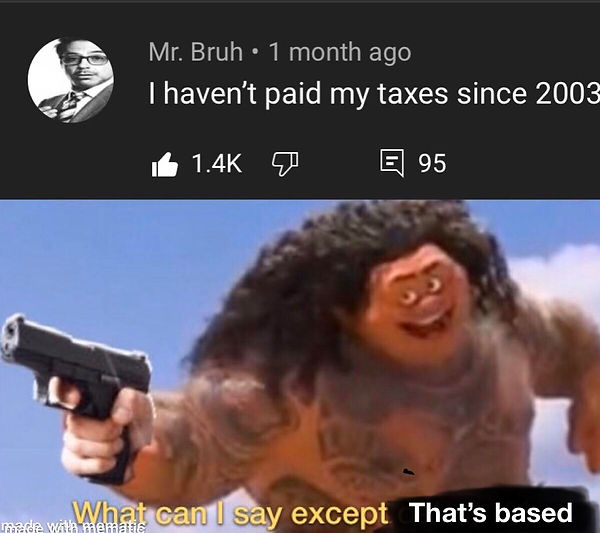POLITGRAM:
MEMES and LANGUAGE


Politgram is the name attributed to a diverse cluster of accounts dedicated to political debate on Instagram®. The name, like many other internet slangs, is very difficult to trace back to a possible origin or first mention, but is easily understood as the fusion of the words politics and instagram.
It is uncanny that a platform such as instagram designed for the divulgation of images would be home to such a vast group of political debaters. There are many social media apps and sites that encourage the use of textual or verbal discussion, so necessary to debate complex themes such as politics and philosophy. Nevertheless, thousands upon thousands of meme accounts, with political figures as their avatars gather in instagram®, using a synthetic, sharp and many times shallow way to express their feelings: Memes. It is very common in Politgram to see memes published in a multiple image post, instead of a more traditional single picture post, or even single image posts with ridiculous and counter intuitive amounts of text contained in the meme.
Politgram post mentioning several politgrammers. Using unique vocabulary and uncommon meme formats.
Online clusters of communities such as politgram, are a very interesting case for the study of development of new linguistic expressions and novel jargons, that are only understood by insiders to such communities. One particularly interesting case is the generalized and highly popular use of the word " based". The term "based probably originated in far right forums placed on platforms similar to 4chan® or Reddit® as a way to express approval to an idea, author or behavior. Instead of the traditional application of the word offline, in which the word " based " usually is accompanied by other words (based in science, based on extensive research, Based on plants, Based on water, etc.), the internet use of the term is often more solitary. Instead of saying that a quote one agrees with is based on science or faith, politgramers and other internet users can many times just say Based as a way to tell they appreciate or concord with the thing they are talking about. Despite originating in the far-right, the expression was quickly adopted by groups that vary from libertarians, to conservatives and revolutionary anarchists on Instagram. Based, is many times seen as a direct opposition to the term cringe , which refers to shameful or out of fashion attitudes.

Libertarian politgram meme, in which the author expresses their support towards gun liberation and tax evasion using the term "based".
But the case for Based is a rare one, considering that most communities with similar political interests tend to differentiate radically from opposing or different groups in their way of communication. If the expressions and slangs are already different in diverging groups offline, the speed in which such differentiations are created online can be an obstacle big enough to prevent outsiders from understanding the discourse and debates. This phenomena of linguistic differentiation in political groups at such an advanced pace can be very problematic. Groups that are motivated and organized politically because of the ideological similarity between individuals, and mutual neglect or even hatred towards opposing ideologies, have their jargon refined, their slangs altered, and their dialects edited on a very high speed, communicating complex ideas by a medium as synthetic and superficial as internet memes, are walking a path that leads to a total semantic separation to their opposition, to a level in which communication between antagonistic groups will be nearly impossible. Memes and language, as a tool for segregation can be analyzed in the most diverse ways, many of them related to the idea of intuition and literacy promoted by the Meme Studies Project. Nevertheless, there are more sophisticated tools that might facilitate the analysis of such phenomena. One of the tools used in the research in order to better understand the memes of different political affiliations was Knime, an open source machine learning tool, powered by Artificial Intelligence. As it can be observed in the image below, the selection of a dictionary containing typical far right slang in one folder, and Marxist jargon and revolutionary vocabulary in another, the software began to filter posts gathered from a database made by the meme creating website Imgflip.

Gomez(2020)Results of filtering extremist vocabulary into a meme database.
The images relate the most used templates to the dictionary input, providing a connection between verbal and visual language in political comunities
By filtering the thousands of posts using a verbal criteria, the program was able to find the most used templates in memes made by the far-right and the revolutionary left. Despite managing a clearly outdated database, with memes posted between 2010 and 2014, this experimentation offered a great insight to the research: there is a strong connection between the linguistics and the aesthetics of a community united by a common goal. This connection between graphic style and vocabulary might be difficult to find to the point of requiring machine learning tools, but in an ever changing algorithm-managed scenario, this connection between aesthetics and rhetoric is even more difficult to sever, and might gain a huge political and social relevance in the upcoming years.